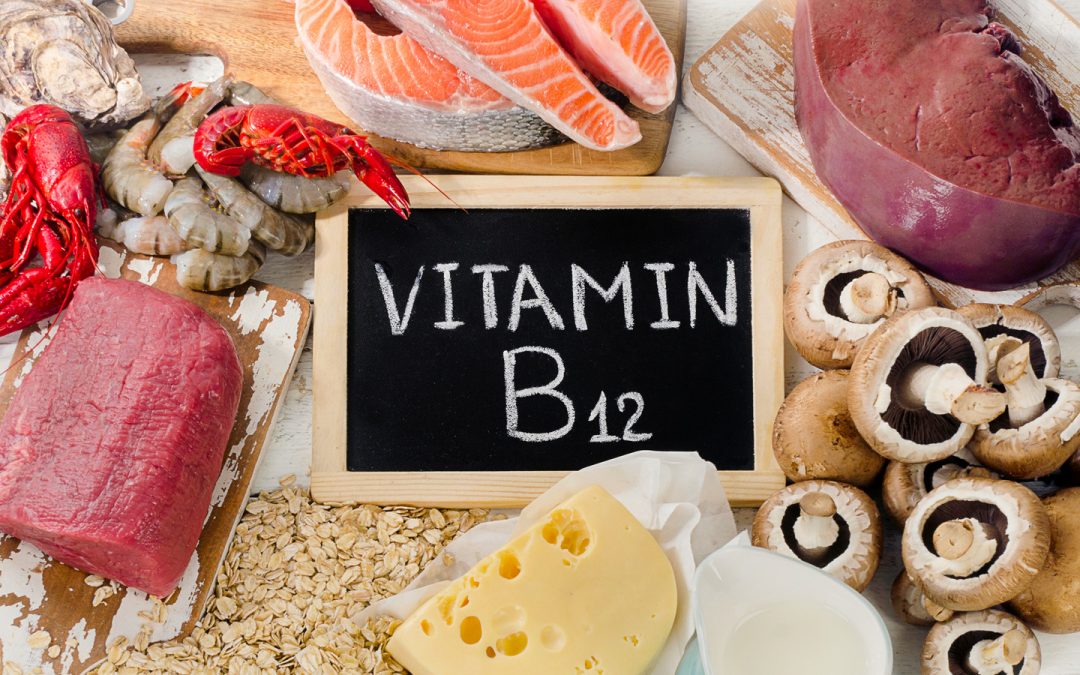Vitamin B12 is an important source of energy for humans. Vitamin B12 protects the body from tumors, especially those forms that result from smoking. Vitamin B12 also protects the body from various toxins and allergens. It participates in the construction of creatine, adrenaline, nitrogen bases, nucleic acids, proteins and other biologically active substances. With the help of protein ingredients of stomach juice, vitamin B12 is absorbed by the small intestine in the blood.
Vitamin B12-rich foods
Vitamin B12 is not synthesized by plants or animals. Vitamin B12 is synthesized only by some bacteria. For humans, the main source of vitamin B12 are products of animal origin: liver, kidneys, heart, muscle, beef and pork. Vitamin B12 is accumulated in these parts of the body, which is produced by bacteria. Another good source of vitamin B12 are fish and eggs.
Recommended daily intake
If there are no medical problems that require the introduction of large amounts of vitamin B12 (in which case, the use of this vitamin has to be under medical supervision), a dose of 5–50 micrograms per day is recommended in adults.
Vitamin B12 deficiency
Vitamin B12 deficiency in the body is known to cause nerve disorders. Due to a lack of this vitamin, megaloblastic anemia may occur. It is caused by a secondary deficit of reduced folates. There is evidence that large parts of the population can suffer from vitamin B12 deficiency, even in the absence of visible signs (such as anemia).
Aleksandra Georgieva, MD








